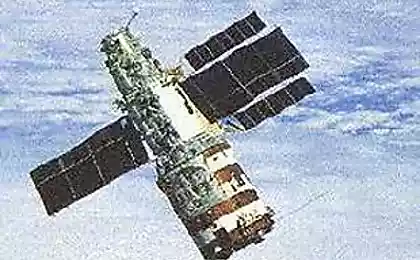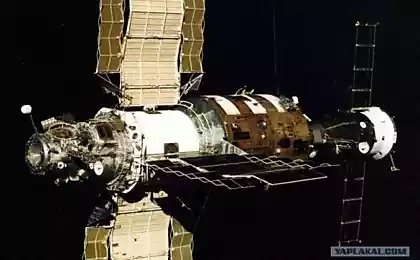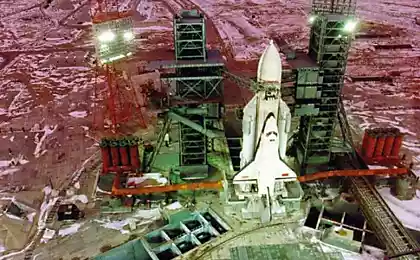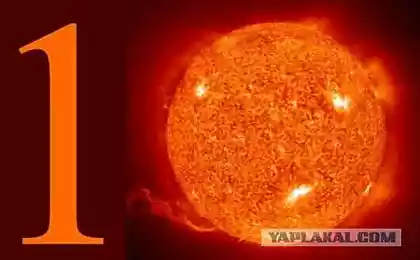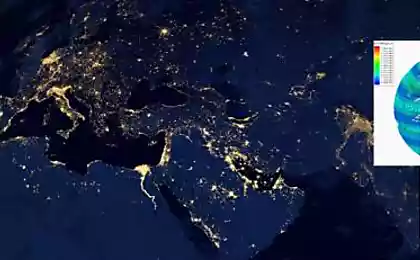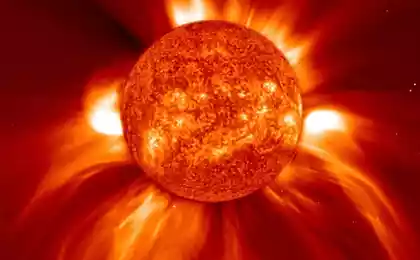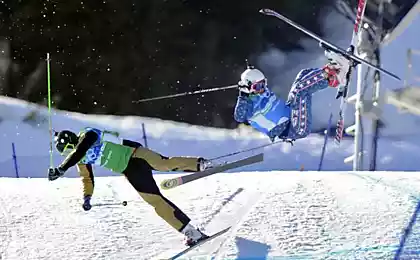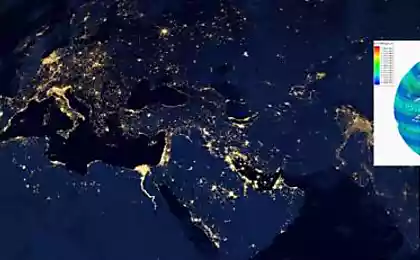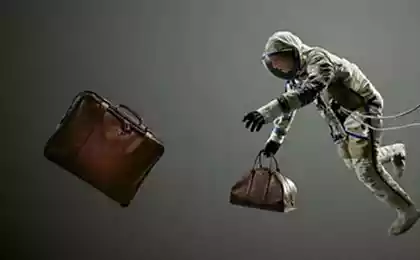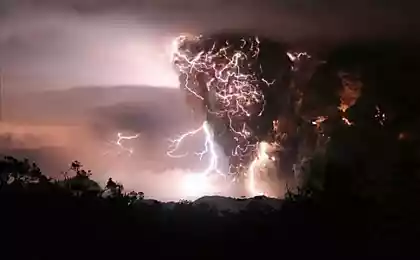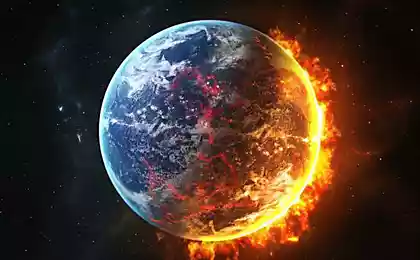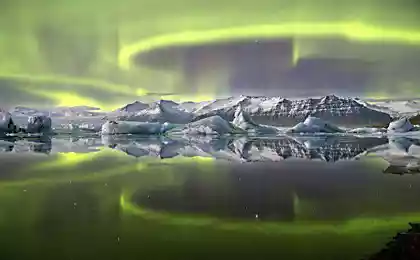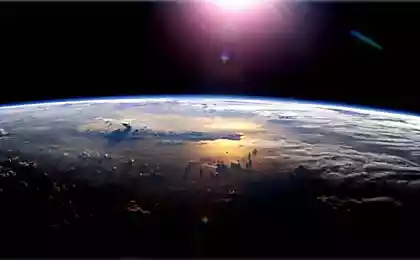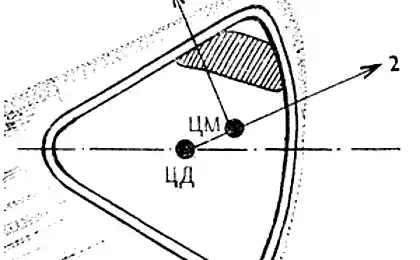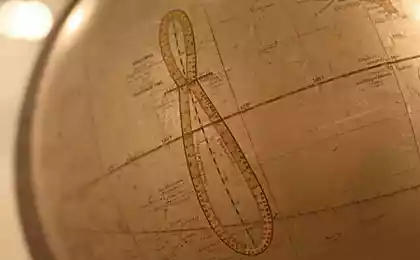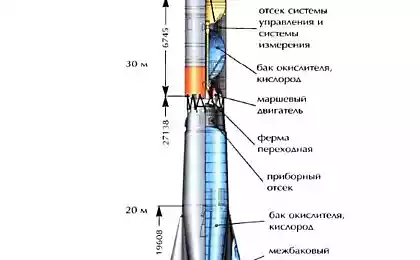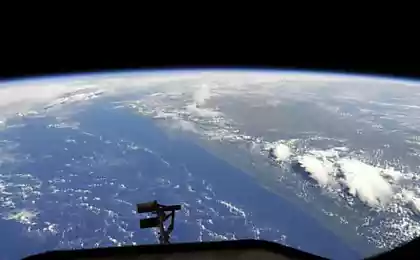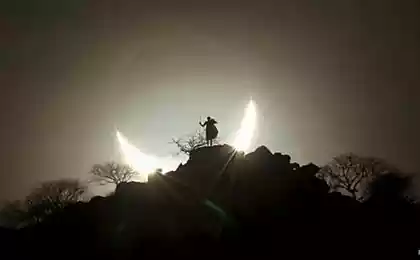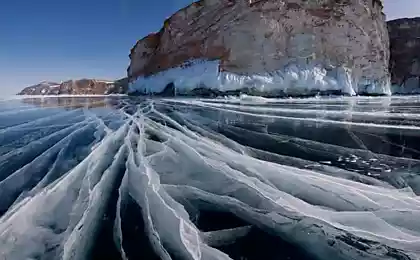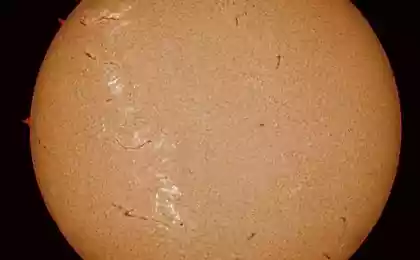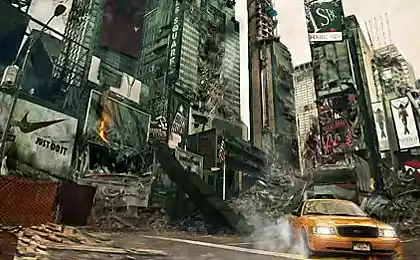616
Earth slowly "falling" in the Sun

Warm sunshine, without which life on Earth would be impossible - and even the Sun clever way to destroy us. With the light of the stars makes us and our planet is slowly falling over to eventually absorb. This process is explained by the Poynting-Robertson effect and applies to all objects in the solar system, especially small.
All objects belonging to our planetary system, smoothly and slowly rotate in a spiral, with each turn of the Sun becoming closer and closer.
Poynting-Robertson effect is subject to the same principle that is used in laboratories for the heating of tiny particles of matter with laser - energy particles emit light in all directions, even if you get it only from one source. Bring a piece of iron to the fire: hot will be the side that faces the flame directly, but nevertheless, if you touch a piece of the opposite side, you will feel that it is too warm. Although the extent to which the object emits heat, the thermal conductivity depends on the material, size and source of heat, almost every object will radiate heat produced by the source. Orbital energy of the particles obtained from only one source - the sun - and emit it in all directions. Therefore, the energy radiated gently pushes them toward the sun.
But why particles fall on the Sun? After hitting the solar photons, on the contrary, we have to push them in the opposite direction. Thus it would be if the particles were still but they rotate. For example, imagine that a vertical stand under the rain. While you just stand, the rain does not come into conflict with your movements. But as soon as you start to move, like rain ceases to be vertical. It begins to seem that it pours at a slight angle and hits you in the face. With the particles - the same case. When the particles are moving around the Sun, they come into conflict with solar energy. Rather than just move in a neutral direction, the particles are attracted to the sun, the rain to your face. If the particles could radiate energy in only one direction, they would simply gaining more and more speed, but because they radiate in all directions, generally slows down. And when they slow down its orbit, then fall into the power of solar attraction.
Here's a clever trap created the sun for us. Of course, its proximity gives us warmth and energy to sustain life, but sooner or later, the Earth slows down and eventually falls to his star. Of course, the cosmic dust in this regard falls harder than the planets, but we are also in a spiral approaching the end.
via factroom.ru
Most Chinese cities experiencing the highest air pollution in its history
In Japan, there is a turquoise pond

